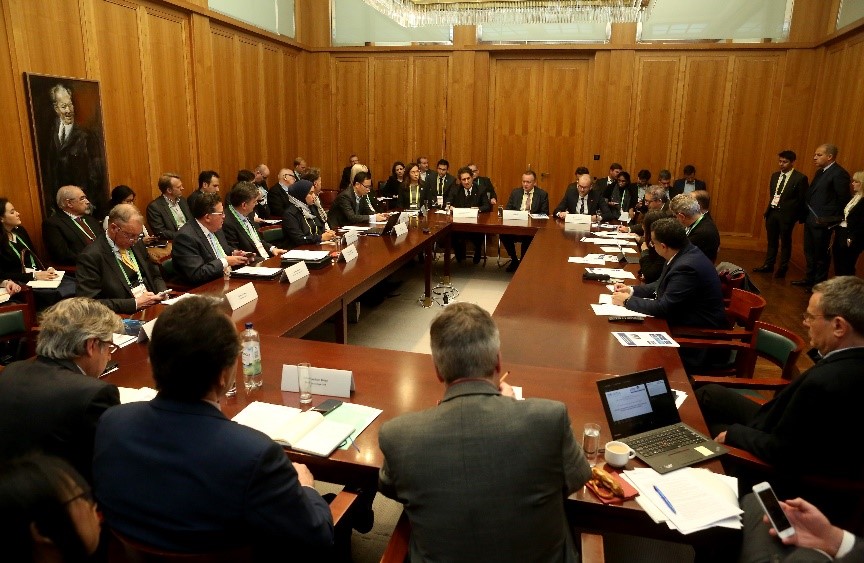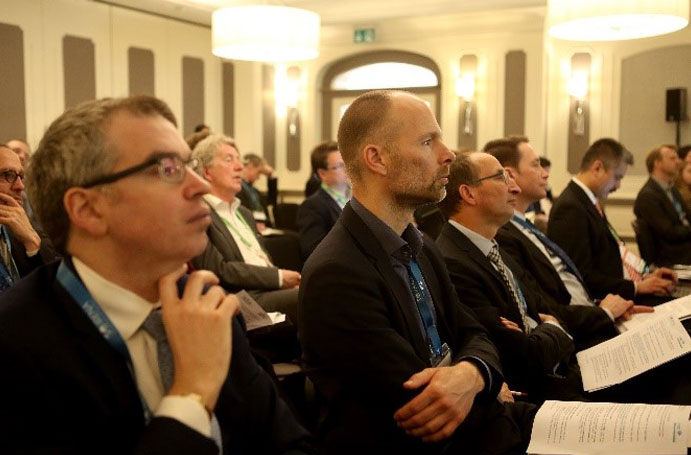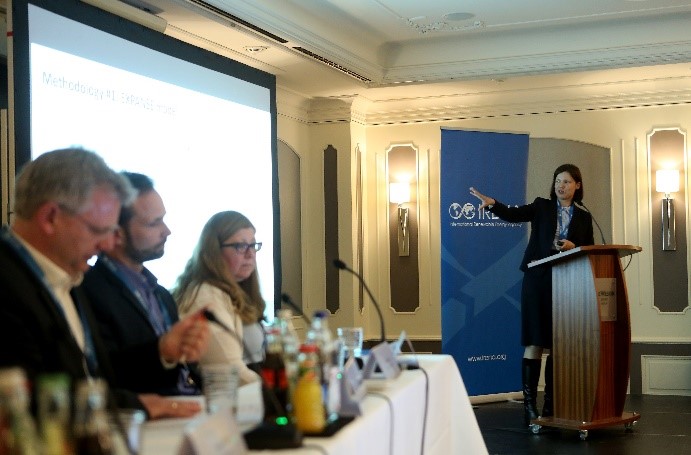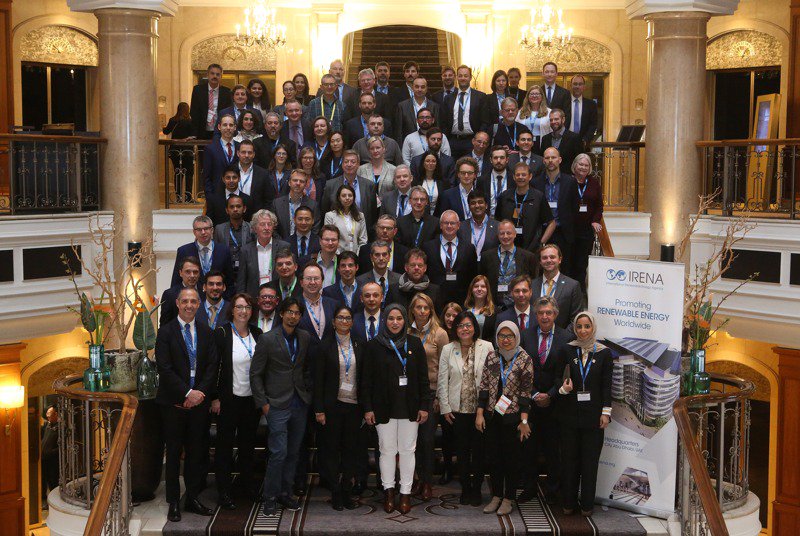
Long-term Energy Scenario (LTES) Campaign: 2019 International Forum

Background
This event was the first international forum that gathered all members and partners of the Long-term Energy Scenarios (LTES) for the Clean Energy Transition campaign, along with a wider range of subject experts and energy scenario end-users to discuss the issues that are critical to today’s scenario practitioners. In bringing together both users and developers of scenarios, the forum explored how scenarios can better support the clean energy transition.
Around 130 experts from over 35 countries representing governments, technical institutions, academia, industry and the financial sector gathered for a two-and-half day forum. All the sessions comprised of inputs presentations by the subject experts followed by the panel discussions with practitioners from the government sector.
The Forum aimed to achieve three objectives:
- To raise awareness of the importance of LTES for policy making in the context of clean energy transitions, building on the insights from LTES campaign work to date;
- To enable deep-dive discussions with subject experts on critical scenario issues identified by practitioners in the LTES campaign;
- For LTES members and partners to take stock of the campaign’s progress so far, reflecting on the forum’s expert discussions, and discuss the key messages that need to be presented at ministerial level (CEM10 Ministerial roundtable scheduled in May 2019 in Vancouver).

The discussions were launched at the side event “Exploring the boundaries of rapid clean energy transition – the role of long–term energy scenarios”, during the Berlin Energy Transition Dialogue on April 10th, which took place in the Foreign Office of the Federal Republic of Germany in Berlin. After four presentations of energy transformation scenarios, the panellists from the government sector discussed the role of scenarios in policy making towards clean energy transition.
The remainder of the Forum was held at the Westin Grand Hotel, Berlin on April 11th – 12th. Four in-depth sessions of discussions were organized around the themes identified as highly relevant through the LTES-Campaign activities to date. They are: communications around scenarios; relevance of LTES to climate policy making; corporate and financial sector perspectives on LTES; and LTES capacity development.
In addition to the Forum discussions, IRENA launched its new “Energy Transition Scenario Network” (ETS-Net). The ETS-Net has the objective of expanding the membership of the long–term energy scenarios campaign, by opening participation to governments beyond CEM that are IRENA member countries and its partners supporting governments in long-term energy scenario planning.
Two closed work sessions were organized on the side-lines of the Forum with LTES members and partners to review the progress to date and discuss the way forward.


Presentations
Pre-Forum side event during the Berlin Energy Transition Dialogue
- Kristoffer Bøttzauw, Danish Energy Agency
- Dr. Angela Wilkinson, World Energy Council
- Prof. Yongqiang Zhao, China National Renewable Energy Centre
- Dr. Sven Teske, University of Technology, Sydney
IRENA LTES Forum – main event
Session 1: Opening – Long-term energy scenarios for the clean energy transition
Session 2: Communication around scenarios – how can we improve the communication around long–term energy scenarios to make them more relevant to policymaking under transition?
- Dr. Elmar Kriegler, Potsdam Institute for Climate Impact Research, Germany
- Prof. Dr. Evelina Trutnevyte, Head of Renewable Energy Systems group, University of Geneva
- Kaare Sandholt, China National Renewable Energy Centre
- Dr. Kenneth Karlsson, Technical University of Denmark
Session 3: Going beyond energy systems analysis – how can long–term energy scenarios be more relevant to climate policy making?
- Prof. Brian O’Gallachoir, University College Cork and Chair, Executive Committee of the IEA TCP – ETSAP
- Dr. Harry Lehhmann, Federal Environmental Agency of Germany
- Dr. Bernd Hackmann, United Nations Framework Convention on Climate Change
- Dr. Xavier Garcia-Casals, Policy Unit, Knowledge, Policy and Finance Centre, IRENA
Session 4: Corporate and financial sector perspective on long–term energy scenarios for clean energy transition
- Dr. Lothar Rieth, EnBW Energie Baden-Württemberg AG, Germany
- Ryan Barrett, Bank of England
Session 5: Insourcing and outsourcing scenario planning capability – how much scenario planning capacity needs to reside within governments?
- Dr. Giada Venturini, Danish Energy Agency, Denmark
- Carlos Gascó Travesedo, Department of Energy, Abu Dhabi
- Dr. Eckehard Rosenbaum, European Commission Joint Research Centre
- Dr. Philipp Trotter, University of Oxford
Session 6: Launch of the energy transition scenarios network
- Dr. Asami Miketa, IRENA
- Thibaud Voïta, NDC Partnership
- Caroline Uriarte, LEDS Global Partnership
- Beni Suryadi, ASEAN Energy Centre
- Dr. Ryan Hogarth, Energy and Economic Growth Programme
- Prof. Medardo Cadena, Latin American Energy Organisation
Closed working sessions with LTES members and partners
- Dr. Pablo Carvajal, IRENA
